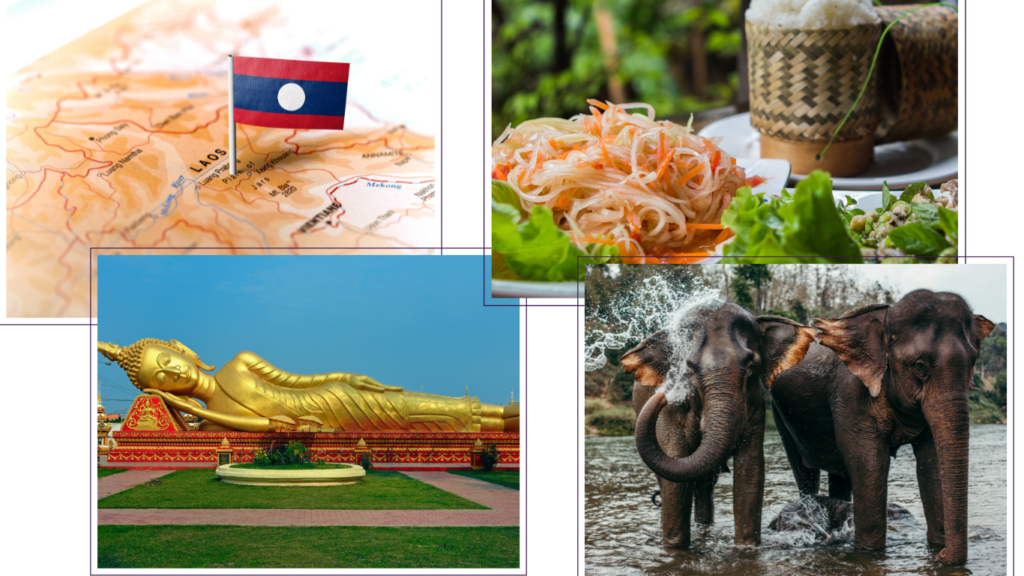Surrogacy Insights
In recent years, Laos has become a focal point for international surrogacy, particularly for foreign intended parents seeking cost-effective options. But in April 2025, the legal landscape shifted dramatically, with the Lao government intensifying efforts to shut down illegal surrogacy operations. This crackdown carries serious implications for anyone considering surrogacy in the region.
Legal Status of Surrogacy in Laos
Historically, Laos had no comprehensive legislation governing surrogacy, creating a legal gray area that attracted foreign intended parents. That changed in July 2021, when the government passed laws banning commercial surrogacy outright. Altruistic surrogacy is now permitted only for married Lao couples, under highly restrictive conditions:
- the surrogate must be a married
- maternal relative,
- between 18 and 35 years old, and
- meet specific health requirements.
Despite these regulations, illegal surrogacy rings were commonplace in Laos. They frequently recruited via online ads with promises of high compensation and medical care. In April 2025, the Lao police arrested 26 individuals involved in a surrogacy operation at a public hospital in Luang Namtha Province. Among them were 21 Lao citizens, two Burmese nationals, and three Chinese recruiters. 23 women in the group were pregnant, and two were minors.
Colonel Kikeo Chanthalangsy, head of the Anti-Human Trafficking Department, emphasized that no person or organization is permitted to offer surrogacy services in Laos. All parties involved — including intended parents — face prosecution under Article 215 of the Lao Criminal Code, which treats such actions as human trafficking, punishable by up to 19 years in prison and steep fines.
The Lao government has urged citizens to report any suspected surrogacy activity.
Intended parents must understand: Laos is not a safe or legal destination for surrogacy.
With strict penalties, no legal protection, and growing surveillance, Laos is a no-go zone for surrogacy. Choosing to pursue a journey there could put you — and your future child — at serious legal and personal risk.
Always work within countries that provide clear, ethical, and enforceable surrogacy laws.

Future Legal Developments
April 2025
Lao authorities arrested 26 individuals, including three Chinese nationals, involved in an illegal surrogacy operation at a public hospital in Luang Namtha Province. Among those arrested were 23 pregnant women, two of whom were under 18 years old.
The Lao government has reiterated that no person or organization is permitted to offer surrogacy services in the country. Engaging in such activities is considered a form of human trafficking under Article 215 of the Lao Criminal Code, punishable by up to 19 years in prison and substantial fines.
July 2021
Laos enacted legislation regulating surrogacy. Under this law, commercial surrogacy is prohibited. Altruistic surrogacy is permitted only for married Lao couples who are unable to conceive naturally, with strict criteria:
The surrogate must be a married maternal relative of the intended parents.
She must be between 18 and 35 years old.
She must be free from certain health conditions.
2021
Rumors suggest that the Ministry of Health has backed the idea of legalizing surrogacy in Laos for married couples facing infertility issues. Discussions are underway to draft legislation to regulate surrogacy within the framework established by the medical science community. However, no legislation has emerged thus far.



